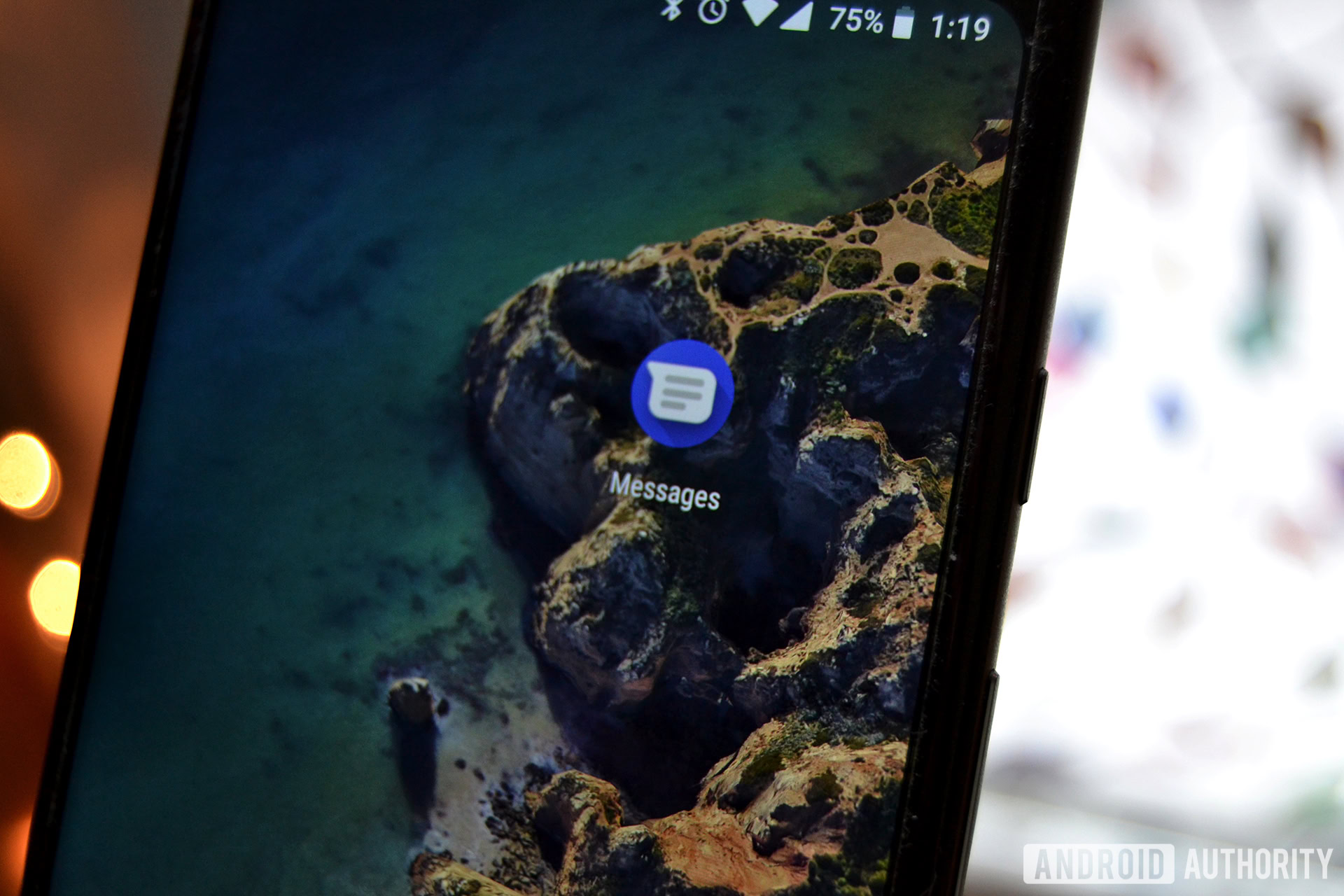Affiliate links on Android Authority may earn us a commission. Learn more.
US carriers ditch effort to build Android's answer to iMessage

- AT&T, T-Mobile, and Verizon have axed the Cross Carrier Messaging Initiative meant to boost RCS.
- The networks still say they’re committed to RCS, but it’s not certain how they’ll work together.
- It may be more up to companies like Google to help RCS grow.
You might not want to get your hopes up for the growth of RCS chat in the US. Light Reading and Android Police have learned that AT&T, T-Mobile, and Verizon (disclaimer: this author also writes for Verizon-owned Engadget) have scrapped the Cross Carrier Messaging Initiative, a joint effort to bring RCS’ enhanced features to all Android devices on US carriers.
A Verizon spokesperson said the carriers “decided to end” the initiative, although the company didn’t say why. AT&T offered an identical response to a request from Android Authority. All the carriers said they were still devoted to growing RCS messaging.
Synchronoss, the company providing the technology for the initiative, said it was still “continuing to move forward.”
The CCMI was originally focused on developing a common app that would enable RCS messaging across networks by the end of 2020. Not much has emerged in the year-plus since the initiative began, though, and the biggest effort to promote inter-carrier RCS in the US has so far come from T-Mobile’s team-up with Google. You don’t necessarily have to wait for American providers to get their act together if everyone involved is using Google Messages, but you can’t just use your app of choice and expect RCS to work between providers.
Unlike SMS or many proprietary messaging services, RCS lets carriers offer slightly different takes as long as they adhere to a common core standard. While that’s good for flexibility, it also reduces the likelihood that carriers will settle on one approach and ensure near-universal support. The breakup adds to the setbacks for RCS adoption. Although it has had some uptake in places like Japan, RCS messaging has struggled to take off and become the SMS replacement it was meant to be.
You can’t blame carrier divisions for all of the problems, though. To some degree, it’s also a victim of technological limitations. RCS is only just getting end-to-end encryption, and Apple’s rejection of the tech in favor of its proprietary iMessage (encrypted as a matter of course) limits adoption. Multiple pieces would have to fall into place for RCS to thrive, and that isn’t about to happen any time soon.